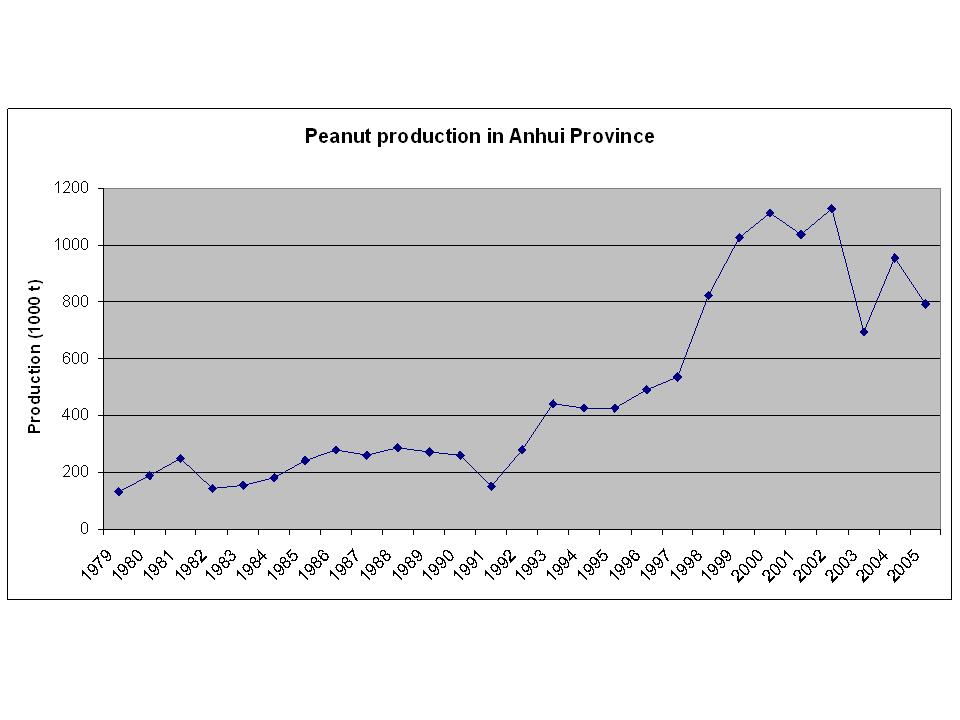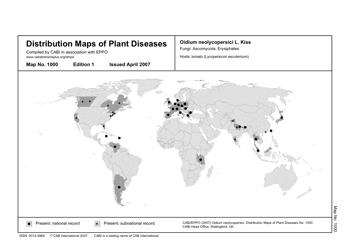Three fine recent articles all point to ways in which farmers are diversifying their approaches and improving their lives. From East Africa, Catherine Mgendi reports on five years of a project called Enabling Rural Innovation.
“We want to have a developed village with at least one car,†beamed a middle-aged man, drawing cheers from fellow men gathered in the village social hall-cum-church. The women differed, chiding the men for not setting their eyes on more realistic goals such as bicycles.
It’s a long article, full of interesting insights and experience, and well worth reading in its entirety. I managed to fillet this as a kind of summary.
By equipping farmers with essential skills such as organisation and leadership, record keeping, market research and analysis, decision-making, planning and prioritisation, the Eri model empowers subsistence farmers to set their own priorities. These could be new market opportunities for their produce, better prices or the need to develop strategies for mitigating drought/flood-induced famines through diversification, for example. It also opens their eyes to ways of exploiting research and extension support.
From India, news that farmer field schools conducted by the centre for Environment Education have helped farmers in an area of Gujerat move from their traditional crops to more lucrative options that make use of increasing irrigation.
“The cropping pattern has changed with increase in irrigation and wider crop options. Halvad has traditionally been a cotton-growing area. However, with the increase in irrigated area, hybrid cotton has begun to replace older indigenous crops like jowar, bajra and groundnuts. … While the deteriorating water quality has forced farmers to shift to crops that can withstand hard water crop, the raids by wild asses and feral pigs has forced farmers in the vicinity of Little Rann of Kutch to grow crops unpalatable to wild animals.â€
If they have water problems now, how long before they cannot grow the new crops and are clamouring for their lost heritage?
And in Ghana, The Economist reports that a new, UK-based chocolate company called Divine Chocolate has cocoa farmers as its largest shareholders. The Economist’s article is behind a paywall, which is why I am linking to Divine’s site and a TV report from Reuters. This one was a real eye-opener to me. As The Economist points out, cocoa farmers worldwide earn about US$4 billion — big bucks except when you consider that global chocolate sales are worth about US$ 75 billion.
The money, in short, is in chocolate–and African farmers are not really in a position to expand into chocolate-making.
Except that they are.
Kuapa Kokoo, Ghana’s largest co-operative, with a membership of 45,000 cocoa growers, owns 45% of Divine and has two seats on its board.
Another astounding fact, from the Reuters report: In Ghana, the average cocoa farmer earns about US$300 a year. US$ 300 is also what the average British family spends on chocolate every year.
The Economist suggests that farmers are increasingly moving upstream to capture value from their efforts.
Other companies are pursuing similar strategies. Agrofair, a tropical-fruit distributor based in the Netherlands, is half-owned by producers. It in turn owns a part of Oké USA, which markets Fairtrade bananas in America. Pachamama, a federated co-operative of Latin American coffee growers, has just completed its first year roasting coffee in America. With the help of in-kind loans of green coffee from its members, the firm has not had to solicit outside investors at all. And Coffee Pacifica, a coffee importer that is publicly traded in America, is one-third owned by the Papua New Guinea Coffee Growers Federation, which represents 120,000 farmers. In 2006 the firm’s sales doubled to almost $3m in America and Europe.
All this, I would venture, should also have a beneficial effect on agricultural biodiversity, but I have no idea whether one could ever demonstrate that impact.

